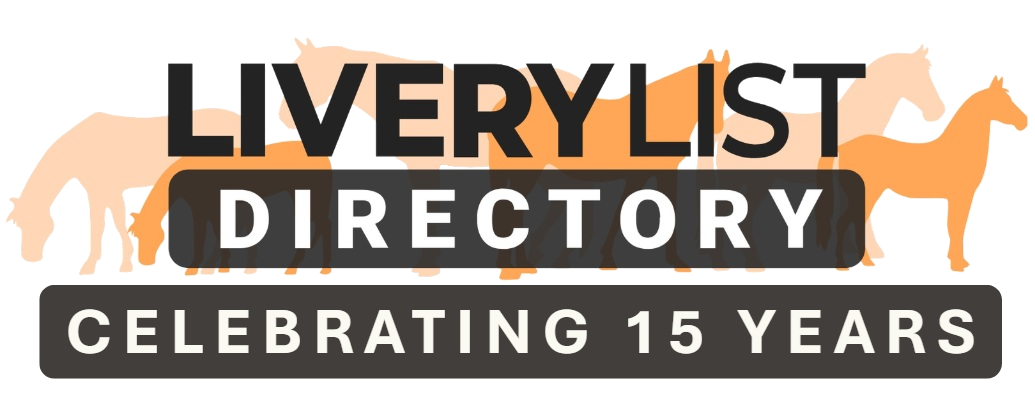Following the results of the a recent study conducted by World Horse Welfare through their annual YouGov poll, influential members of the horse world discussed public perceptions of whether sport horses live good lives as the results of the survey findings were presented to an audience of over 120 horse sport leaders and the media, and discussed by a panel of influential members of the horse world.
World Horse Welfare’s latest YouGov survey reveals that while horse sport professionals believe sport horses have good lives, the public remains unconvinced—highlighting a growing need for transparency, education, and ethical training.
The public showed strong instincts for what horses need: freedom from pain, social interaction, appropriate diet, and ethical training. In contrast, many within the industry placed more value on riding, competition, and winning—what Roly Owers of World Horse Welfare called “anthropomorphism in action.”
Concerns were raised about some professionals’ tolerance for outdated, coercive training methods. However, promising developments were discussed, such as AI-based welfare monitoring and dopamine-linked learning methods, plus increases in riders and trainers adopting a more positive welfare approach and implementing the 3Fs (Friends, Forage and Freedom).
Top public recommendations to boost trust in sport horse welfare included unannounced inspections, mandatory welfare education, and publishing welfare assessments. Importantly, the event also highlighted growing support for licensing, certification, and professional regulation of those caring for and training equines—including coaches and facilities like livery yards.
Dickie Waygood, Performance Director for British Eventing, emphasized the influential role of coaches and elite athletes in spreading good practice, calling for better sharing of knowledge and ethical training to be embedded into professional development.
Brad Hill and Dickie Waygood endorsed regulating coaching to ensure better welfare practices, while Jenny Hall noted that recent welfare breaches mostly occurred during training, not competition—emphasizing the need for clear, enforceable standards.
The event concluded with a call to embed education and ethics into the core of horse sport—not for publicity, but to ensure the right thing is done for horses, both in and out of competition.
In closing, Roly Owers reiterated that education and ethics must underpin the future of horse sport. “There is a big difference between talking the talk and walking it. If we want to retain the public’s trust, the sector must show that it takes horse welfare seriously — not just in words, but in clear, measurable action.”
Read the WHW report of the discussion in more detail, or watch the recording of the event here
